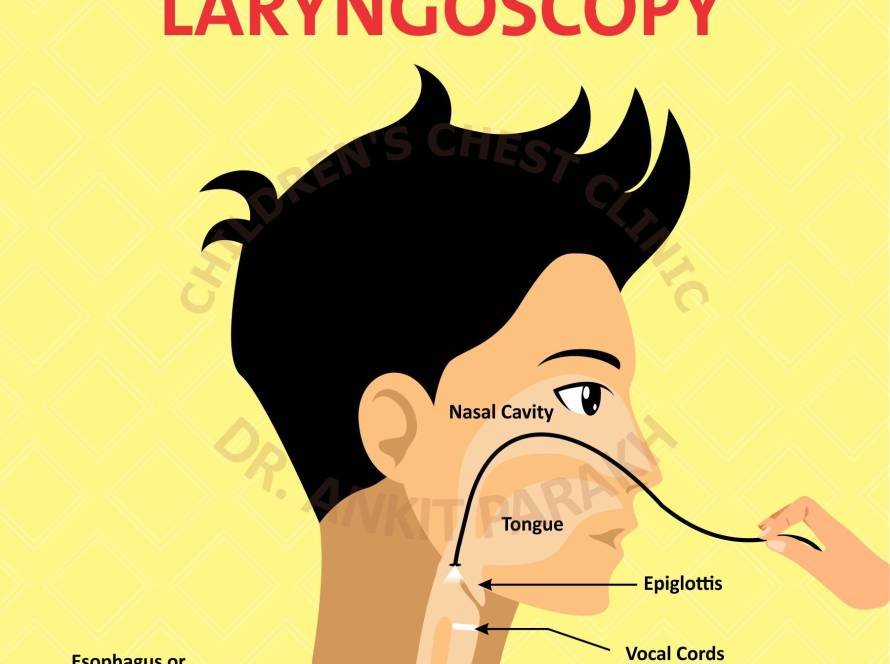Does Food Allergy Lead to Atopic Dermatitis in Children?
Atopic dermatitis (commonly known as eczema) is one of the most frequent chronic skin conditions seen in children. It causes dry, itchy, red, and inflamed patches of skin that can significantly impact a child’s comfort, sleep, and quality of life. Many parents wonder if food allergy could be the underlying reason for their child’s skin condition.
Understanding this connection, and knowing when to consider allergy testing or elimination diets, is key to managing atopic dermatitis effectively.
Atopic Dermatitis: What Parents Need to Know
Atopic dermatitis is a multifactorial condition influenced by genetics, environment, and the immune system. The skin barrier in affected children is often weaker, making it more prone to irritation, dryness, and inflammation. Triggers such as soaps, detergents, weather changes, and infections can worsen the condition.
How Food Allergy and Atopic Dermatitis Are Linked
While not all children with atopic dermatitis have food allergies, research shows that:
- Around 30–40% of children with moderate to severe atopic dermatitis may also have an associated food allergy.
- Common food triggers include cow’s milk, eggs, soy, wheat, peanuts, and tree nuts.
- Food allergies can worsen eczema symptoms by triggering an immune reaction that increases skin inflammation.
However, it is important to note that not every flare of atopic dermatitis is due to food allergy. Many children improve with proper skincare alone, without dietary changes.
When Are Allergy Tests Helpful?
Allergy tests (such as skin prick tests or blood tests for IgE) may be useful when:
- A child has moderate to severe atopic dermatitis that does not respond to routine skincare and medications.
- There is a clear history of eczema flare-ups after eating certain foods.
- The child also has other allergic conditions, such as asthma, hay fever, or recurrent hives.
Allergy testing helps identify specific triggers, which can guide treatment and prevent unnecessary food restrictions.
When Should Elimination Diets Be Considered?
Elimination diets involve removing suspected food allergens from the child’s diet. They should only be started when:
- There is a strong suspicion or confirmed test result pointing to a particular food allergen.
- The child’s eczema worsens immediately or consistently after consuming that food.
- The diet is supervised by a pediatric allergist or nutritionist to ensure balanced nutrition.
Random or unsupervised elimination diets are not advisable, as they can cause nutritional deficiencies and may not improve the eczema at all.
Managing Atopic Dermatitis with or without Food Allergy
- Skincare routine: Daily moisturizing and gentle cleansing are the cornerstone of eczema care.
- Medical treatment: Topical steroids, calcineurin inhibitors, or newer biologic therapies may be needed for flare control.
- Trigger control: Avoid harsh soaps, temperature extremes, and scratching.
- Dietary guidance: Only eliminate foods when there is clear evidence of a food allergy, never as a blanket approach.
Key Takeaway: While food allergy can aggravate atopic dermatitis in some children, not all cases are food-related. Careful use of allergy tests and supervised elimination diets can help identify true triggers and prevent unnecessary restrictions, ensuring children stay both healthy and comfortable.
1. Can food allergy directly cause atopic dermatitis?
Food allergy does not cause eczema, but it can make existing atopic dermatitis worse in some children.
2. Which foods are most commonly linked to eczema flares?
Milk, eggs, soy, wheat, peanuts, and tree nuts are among the most frequent triggers.
3. Should every child with atopic dermatitis undergo allergy testing?
No. Allergy tests are recommended only when eczema is moderate to severe or when there is a clear link between food and flare-ups.
4. Are elimination diets safe for children?
Yes, but only when supervised by a specialist. Unnecessary elimination can lead to poor nutrition and may not help the skin condition.
5. What is the best way to manage atopic dermatitis long term?
Consistent skincare with moisturizers, timely medical treatment, and targeted allergy management when indicated are the best approaches.






